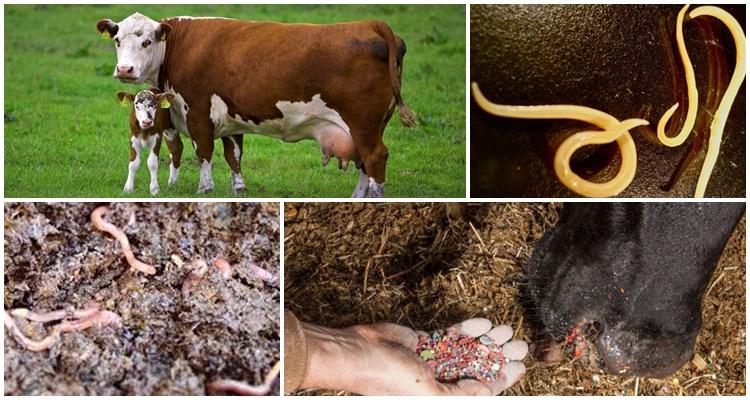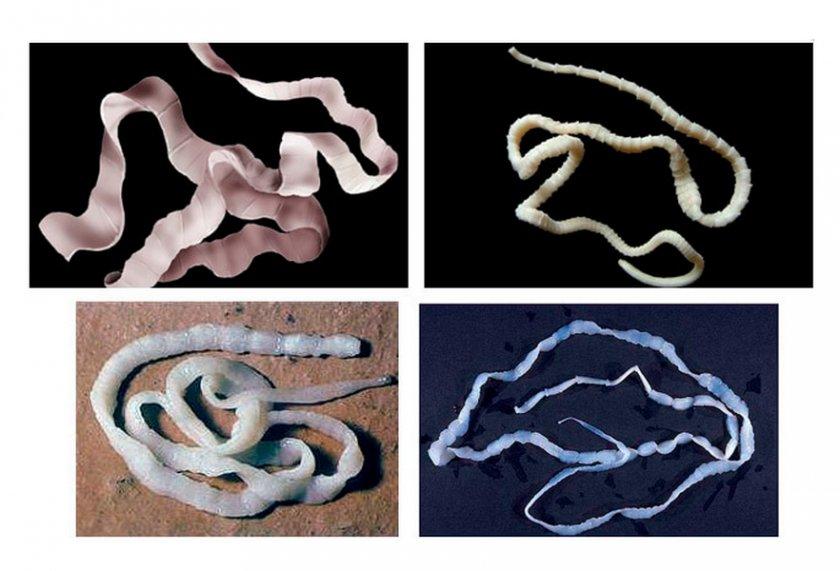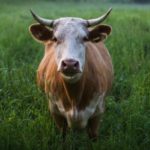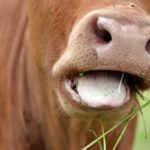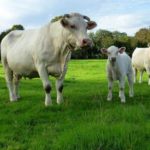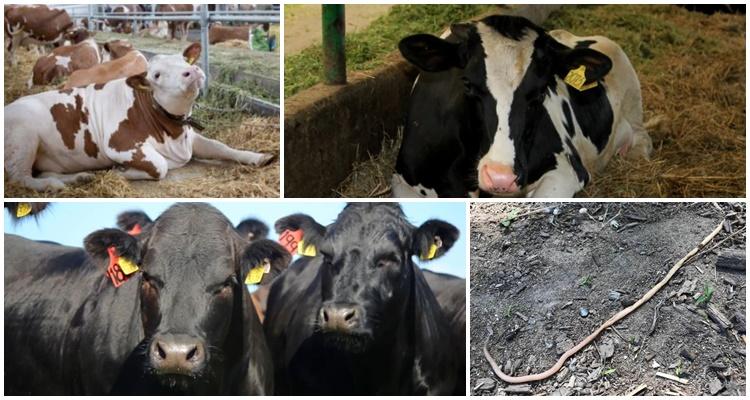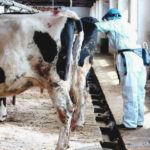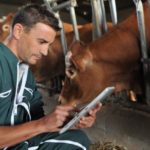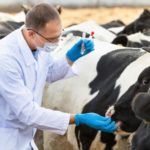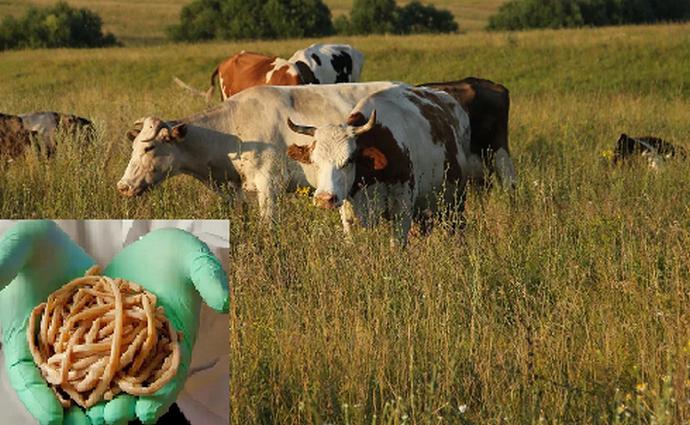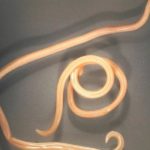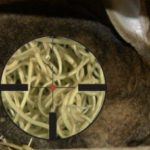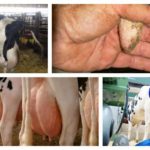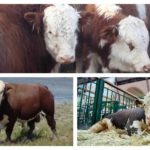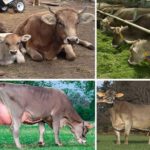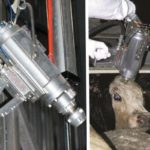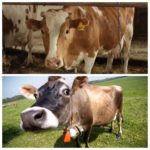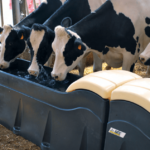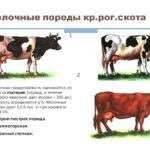When raising and breeding cows on industrial or private farms, livestock farmers may encounter some problems, for example, helminth infections in animals. The consequences of infection with worms in a cow are a decrease in productivity or, in some cases, the death of animals. Because of this, helminth infections can cause serious damage to any livestock farm.
Types of worms in cows
Worms that parasitize the body of cows belong to different species and classes. But they all release toxins during their life processes, and they are carried throughout the animal’s body through the blood. Substances provoke serious disorders and pathologies in many organs.
Echinococcosis
The disease is common and chronic. The causative agent is larval echinococcus, which grows inside the cow’s body for years and can reach a size of 5-10 cm. Mature echinococci parasitize the small intestines of some carnivores, but dogs are considered the main distributors.
Worm eggs enter the cow's body with food and water; adults are more often infected.
The consequences of the disease are exhaustion, sometimes death of animals, and decreased productivity. Treatment for echinococcosis has not been developed. Prevention consists of limiting contact between cows and dogs, preventing them from entering pastures and feed stores.
Dictyocaulosis
The causative agent of this disease is nematodes from the family Dictyocaulidae, which parasitize the lungs and bronchi of cows and other ruminants. Cows become infected on pastures while eating grass and at watering places or through bedding. Nematodes parasitize the lungs and bronchi. Dictyocaulosis manifests itself with symptoms similar to bronchitis or bronchopneumonia.
Sick cows lose weight, become depressed, lose their appetite, and their sinuses fill with mucus. If the bronchi and trachea become blocked, the animal may die. Antihelminthic drugs are prescribed for treatment.
Thelaziosis
A disease caused by nematodes. Thelaziosis becomes more active in the summer months, and the parasites are spread by flies. Helminths infect the eyes of cows, against the background of which secondary infections occur, resulting in serious visual impairment.Treatment is carried out with antiparasitic drugs.
Ascariasis
The disease is caused by roundworms, parasites of domestic animals and humans. Cows get this disease everywhere; animals of all ages can get sick, but it is more severe in young animals. The consequences of the disease can be exhaustion, pneumonia, hepatitis. It is difficult to destroy roundworms; albendazole-based anthelmintics are used to combat them.
Moniesiosis
Helminthiasis is a cestodiasis; parasites affect the small intestine of ruminants. With weak infestation, the symptoms of the disease manifest themselves weakly; with strong infestation, the animals become seriously ill and often die. Moniesiosis can be almost asymptomatic, but in a chronic course, sick cows are stunted in growth, they have enlarged lymph nodes, anemic mucous membranes, and decreased productivity.
Treatment is combined, several anthelmintic drugs are used.
Routes of infection
Cows become infected with helminths by eating contaminated food or drinking water from open sources or barns that contain parasite eggs or larvae. They get there from the bodies of sick animals or carriers. The main routes through which infection occurs are through the digestive tract, through the skin, nose and eyes, through the bites of blood-sucking insects, and through close contact of a sick individual with a healthy one.
Symptoms of parasites
Determining that a cow is infected with helminths can be difficult, since the development of the disease may be asymptomatic or there may be signs, but they resemble the symptoms of infectious diseases. Diagnostics will help differentiate some pathologists from others.
Gastrointestinal disorders may occur - diarrhea or, conversely, constipation, exhaustion, anemia, pale mucous membranes, hair may lose shine or fall out, and the quality of milk may deteriorate.
Diagnostic measures
To diagnose helminthiases, tests are carried out on the feces and blood of sick animals. If the disease is identified in time and treatment is started, worms are successfully removed from the body of cows after anthelmintic treatment.
The diagnosis is made on the basis of laboratory tests of stool and secretions from other organs and on the basis of the results of immunological reactions. Additionally, epidemiological data and clinical symptoms are used in diagnosis. For analysis, they take feces, urine and sputum, bile, blood, muscle samples, pieces of skin, and the contents of abscesses.
Rules for treating cattle
To get rid of worms, cows are prescribed a comprehensive treatment; at the same time, the barn, equipment and disinfection are thoroughly cleaned. The food is examined and, if sources of contamination are identified, it is destroyed. Pastures and the water that cows drink are also subject to research. If worms are found there, the place of grazing and watering place is changed. Sick individuals are removed from the herd and kept separately during treatment.
Medications
The anthelmintic drugs chosen to treat adult cows and calves differ depending on the disease, since their causative agents are different worms.Anthelmintic drugs destroy parasites and remove them from the body of cows. They are administered orally or by injection, subcutaneously. Some medications are added to food.
Doses of drugs depend on the weight of the animal. If the calf is very small, and worms are found in the cow, the baby is taken from her and kept separately until the mother recovers completely.
Folk remedies and recipes
You can cure a cow of worms using pumpkin seeds, linseed oil, and birch tar. Wormwood works well, which can be added to grass or hay, or fed to animals with an infusion from this plant (take 300 g of dry wormwood for 2 liters of boiling water, leave for 2-3 hours, then dilute the resulting infusion in a ratio of 1 to 20). The following plants have anthelmintic properties: calamus, bracken, white hellebore, coriander, hazel, red quinoa, sage, hops, hemp, rowan, thyme, juniper. Grasses and branches can be fed to cows 2-3 times a week in small portions.
Potential danger
Worms worsen the health of animals; they lose weight, that is, they lose weight. In addition, the quality of milk and meat deteriorates; in case of many helminthiases, the consumption of products from sick cows is prohibited, since helminths can also be dangerous for humans. You cannot use or feed animals, for example, dogs and cats, not only meat and dairy products, but also waste - skins, bones.
Preventive actions
When symptoms appear, treatment cannot be avoided, but it is much simpler and more profitable from an economic point of view not to treat animals, but to organize farming so that diseases do not appear in it.
To reduce the likelihood of helminth infection, all cows on the farm should be given anthelmintic drugs for prevention twice a year. Premises where animals are located must be disinfected at least 2 times a year, and can be treated more often.
Also, at least 2 times a year, it is necessary to completely remove and change the bedding; animals should not be allowed to eat food that has fallen on the floor, which may thus already be infected with worm eggs. Change the water every day and monitor its quality. Change pastures, that is, do not graze cows in one place. Before scheduled treatments, it is advisable to keep calves separately from adult cows.
Helminth infections are dangerous because, without treatment, they lead to a decrease in animal productivity or even death. Compliance with the rules of caring for cows and carrying out preventive treatments will help prevent infection and the consequences that helminth diseases lead to.

